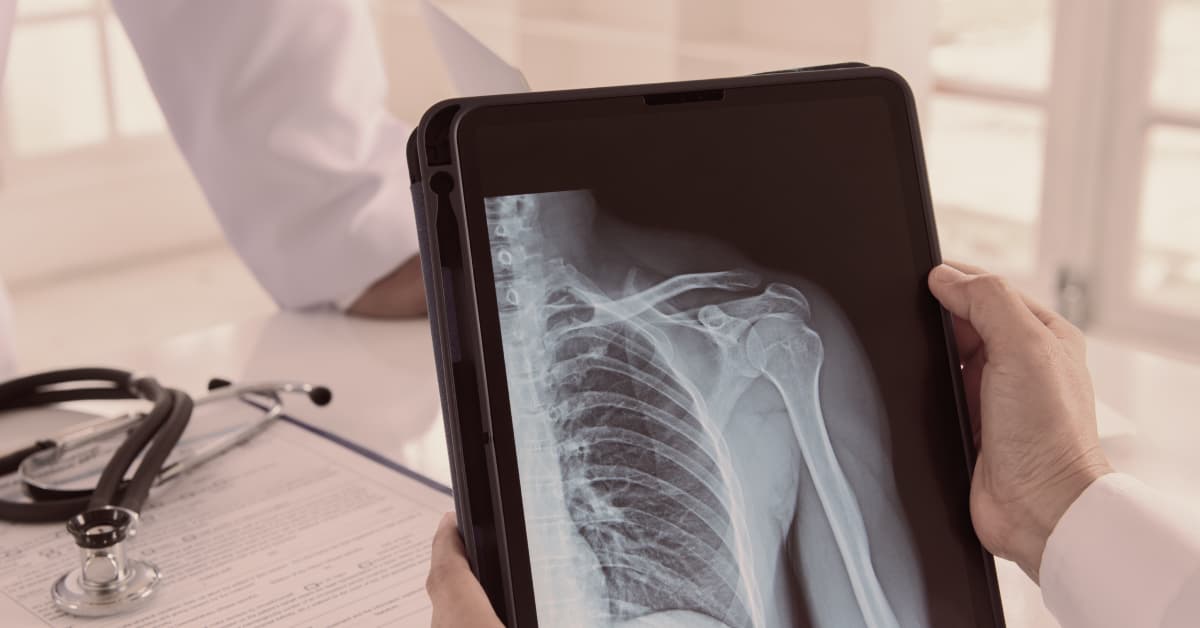Testimonial: Car Accident
Ken shares his testimonial as a Shunnarah client after a car accident.
The FDA warns that pain pumps may be associated with the risk of a rare but painful condition called Postarthroscopic Glenohumeral Chondrolysis (PAGCL). PAGCL leads to the permanent deterioration of cartilage, often requiring additional surgeries and even complete joint replacement.
Case evaluations are 100% free and available 24/7

Anesthetic infusion devices, more widely known as pain pumps, are commonly used following surgical procedures in order to reduce pain. They can be used from anywhere between a few hours to a few days after surgery. Pain pumps consist of a pump and a catheter, which is placed in the joint of the surgical site. The pump automatically releases medication, which is delivered to the joint space by the catheter.
The following medications have been included in pain pumps:
Due to their proximity to the actual injury, pain pumps are considered advantageous because they require smaller pain medication doses than oral drugs. However, due to the severity of these permanent side effects, pain pump patients may want to contact a pain pump lawyer at Alexander Shunnarah for a free case evaluation to discuss the potential for a pain pump lawsuit.
If you’re considering filing a legal claim for injuries sustained due to pain pump, Alexander Shunnarah Trial Attorneys can help by providing the following:
Since the FDA released information concerning pain pumps, many patients have filed lawsuits against pain pump makers, including the following list of pain pump manufacturers:
Postarthoroscopic Glenohumeral Chrondrolysis, also known as PAGCL or chrondrolysis, is the deterioration of cartilage material. The word “chrondrolysis” describes cells in cartilage that once dead cannot regenerate. As the cartilage wears away, it leaves nothing behind in the joint besides bone. As a result, it causes bone to rub against bone, which is extremely painful.
Due to the nature of the symptoms, PAGC is a severe and life-threatening condition.
Treatment of PAGCL is difficult. While anti-inflammatories and other medications may provide limited relief, ultimately, patients may need to undergo complete joint replacement surgery.
The exact cause of Postarthroscopic Glenohumeral Chondrolysis is unknown. It cannot be traced back to one specific aspect of pain pumps, although there is a correlation between the two.
Patients suffering Postarthroscopic Glenohumeral Chondrolysis may experience:
If you’re suffering due to a defective pain pump, don’t hesitate to call Shunnrah.
Alexander Shunnarah Trial Attorneys handles cases in all 50 states. Find a location or attorney to assist you with your case.
Explore our FAQ to get the answers to some of our most frequently asked questions about pain pumps.
How can I tell if my complications are related to a defective pain pump?
Symptoms that may indicate problems with a pain pump include unusual pain at the site of the pump, signs of infection (redness, swelling, warmth), unexpected side effects from medication (such as dizziness, respiratory issues, or excessive drowsiness), or the device not administering medication as it should. If you experience these symptoms, it’s important to seek medical attention immediately to ensure your safety and to document your condition.
What should I do if I believe my injury is due to a defective pain pump?
If you suspect that your health complications are related to a defective pain pump, you should document all related medical treatments and symptoms and report the issue to your healthcare provider. Collect any information related to the device, including the model, manufacturer details, and usage instructions. Consulting with a personal injury attorney experienced in medical device litigation is also crucial. They can assess the details of your case, gather additional evidence, and advise on your legal options for seeking compensation.
What type of compensation can I expect to receive if my lawsuit regarding a defective pain pump is successful?
In cases involving defective pain pumps, you may be eligible for compensation that covers medical expenses, including costs for additional surgeries or treatments required to address complications. You can also seek damages for pain and suffering, lost wages if you were unable to work, and potentially future medical expenses if ongoing care is needed. If the defect was due to negligence on the part of the manufacturer, you might also be entitled to punitive damages. The specific compensation will depend on the details of your case and the extent of the injury caused by the defective device.
Ken shares his testimonial as a Shunnarah client after a car accident.
Commercial Vehicle: Serious Injury
Alabama
Traumatic Brain Injury
Alabama
Commercial Vehicle Accident
Available 24/7 for immediate case evaluations post-accident or injury.
Connect with a dedicated attorney who will aggressively pursue your compensation through trial if needed.
Receive top-tier legal guidance and representation. We don’t give up until you receive the compensation you deserve.